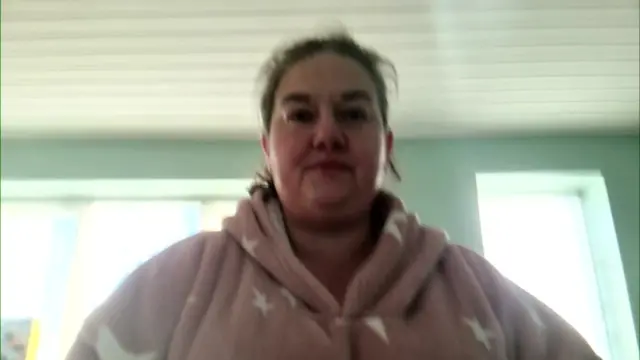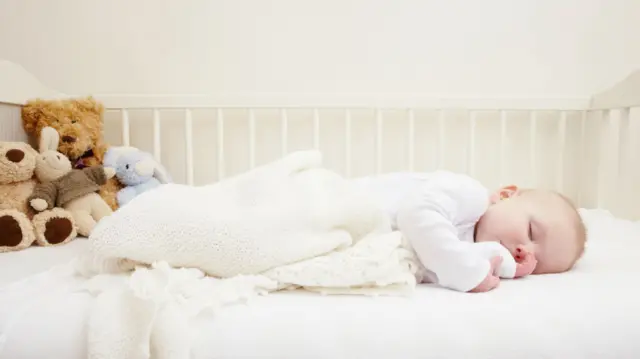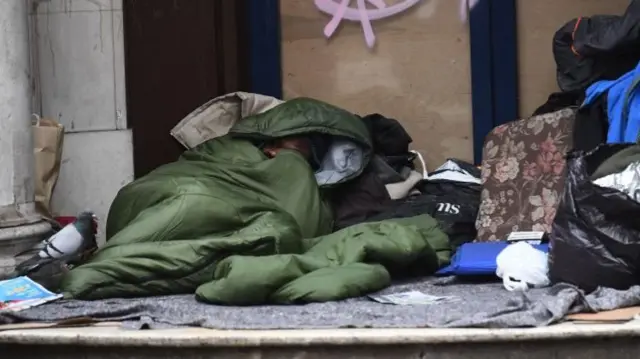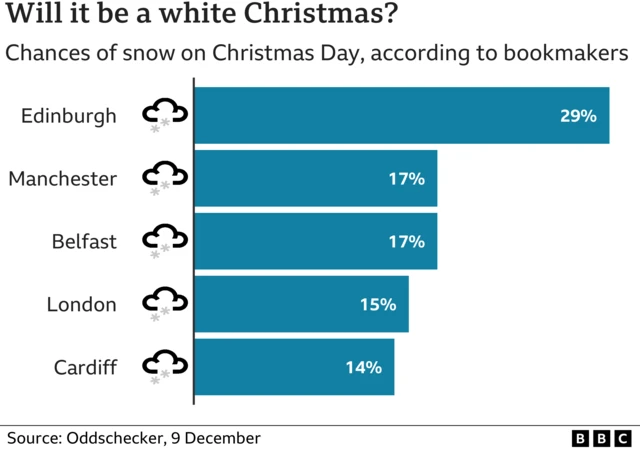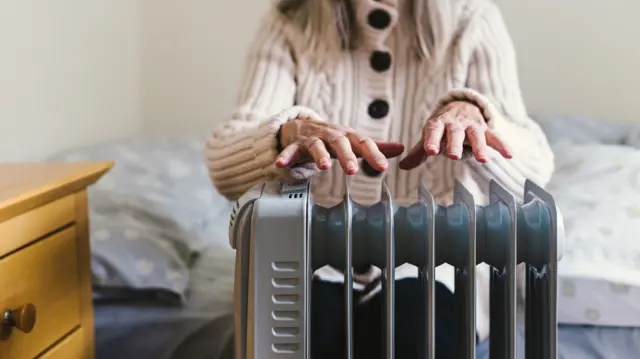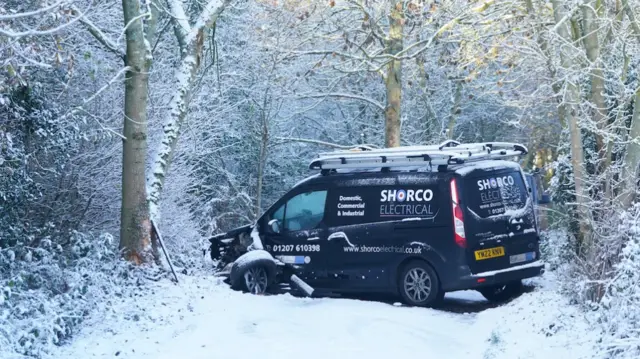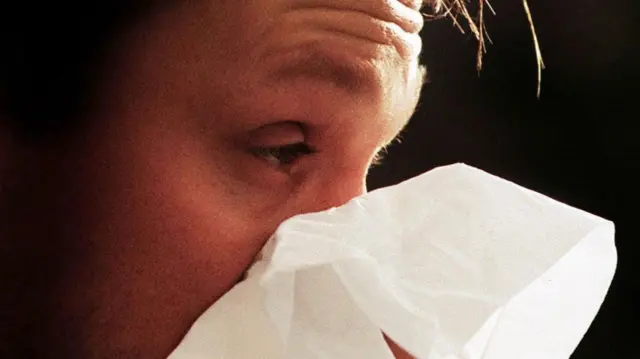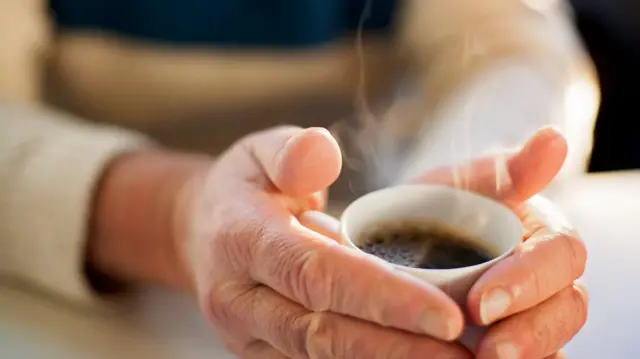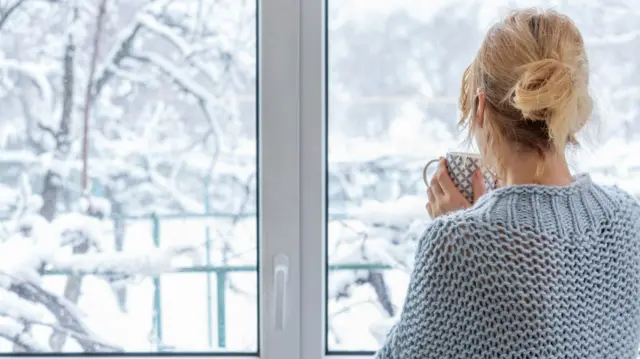How can we combat condensation on windows?published at 15:37 GMT 9 December 2022
 Prof David Glew
Prof David Glew
Energy efficiency expert
Robert says keeping windows shut and heating low causes lots of condensation which can turn to mould - he asks how to combat that.
Correct, if you have generated a large amount of moisture from washing or cooking then there will be high risk of condensation in homes in cold snaps, and so you need to get rid of this moisture vapour from your home.
Keep using extractor fans in kitchens and bathrooms during cold snaps, turning them off after you have finished washing or cooking and the moisture has gone.
Having condensation on windows during a cold snap is not a necessarily a problem for short periods of time, if you wipe this clear each day the mould will not have the moisture it needs to grow.
If there are unheated rooms, close the doors to these so the moisture you generate in the home will not find its way there, and a big no-no is drying clothes indoors.
Leave the laundry for a few days until it warms up or if you are drying clothes, again use an extractor fan.
